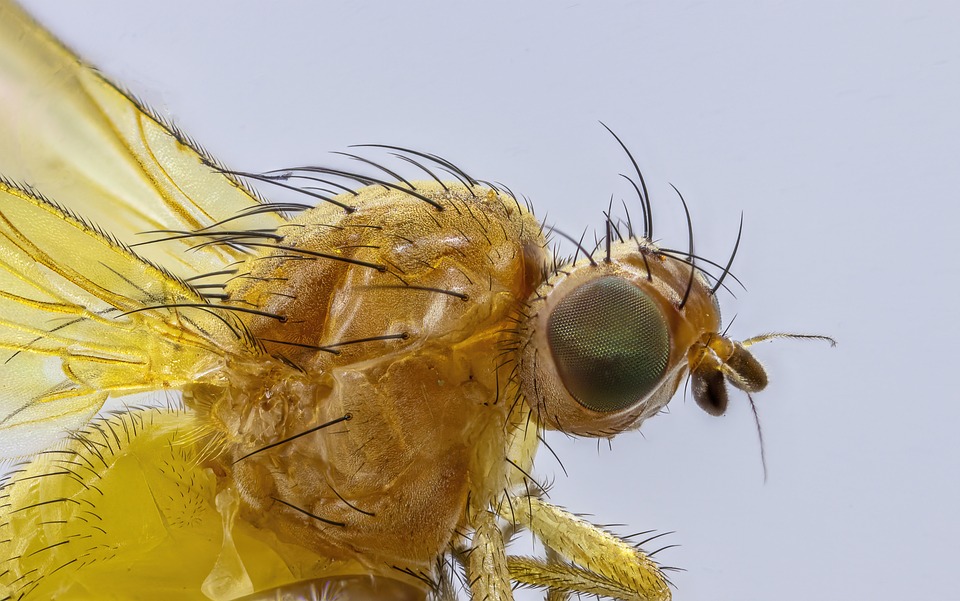As the warmer months approach, the allure of outdoor activities beckons. Whether it’s hiking through lush forests, lounging by the lake, or enjoying a backyard barbecue, the joy of being outside can quickly be overshadowed by the pesky presence of bugs. Mosquitoes, ticks, and other biting insects not only ruin outdoor fun but can also pose health risks by transmitting diseases. The good news is that there are effective bug sprays available that protect against these nuisances without irritating your skin. Let’s explore some of the best options on the market today.
Understanding Bug Sprays
Bug sprays, or insect repellents, are designed to keep unwanted pests at bay. They typically contain active ingredients that deter insects from biting. However, many conventional bug sprays contain chemicals like DEET or synthetic fragrances, which can cause skin irritation or allergic reactions in some individuals. Thankfully, there are alternatives that provide protection while being gentle on the skin.
Key Ingredients to Look For
When searching for an effective bug spray, consider products that contain the following skin-friendly ingredients:
-
Picaridin: A synthetic compound that mimics the natural compound found in black pepper, picaridin repels mosquitoes and ticks without the greasy feel of DEET. It is well-tolerated on the skin and offers long-lasting protection.
-
Oil of Lemon Eucalyptus (OLE): Derived from the leaves of the lemon eucalyptus tree, OLE is a natural repellant that has been shown to be effective against various biting insects. It’s especially popular for its pleasant scent and non-greasy formula.
-
Catnip Oil: This lesser-known ingredient is a powerful natural repellent. Studies have shown that catnip oil can be as effective as DEET, providing a good option for those seeking a plant-based alternative.
-
Coconut Oil: Often included in natural insect repellents, coconut oil acts as both a moisturizer and a repellent, providing a gentle solution that protects the skin while warding off bugs.
- Soybean Oil: Another natural option, soybean oil is effective against mosquitoes and can be a soothing base for bug sprays, making it suitable for sensitive skin.
Recommended Bug Sprays
1. Repel 100 Insect Repellent
With Picaridin as its active ingredient, Repel 100 provides up to 10 hours of protection against mosquitoes and ticks. It’s non-greasy and has a light scent, making it ideal for those who are sensitive to stronger fragrances.
2. OFF! Botanicals Insect Repellent
Formulated with Oil of Lemon Eucalyptus, this repellent offers a plant-based alternative that is both effective and soothing. Its gentle formula is dermatologically tested, making it suitable for sensitive skin.
3. Ben’s Natural Bug Spray
This spray uses a blend of natural oils, including catnip and soybean oil. Without any harsh chemicals, Ben’s Natural Bug Spray provides a refreshing and effective barrier against pests.
4. California Baby Natural Bug Repellent
Specifically designed for children and those with sensitive skin, this product combines various natural oils, including citronella and lemongrass. It is free from synthetic fragrances and harsh chemicals, providing gentle and effective protection.
5. Murphy’s Naturals Mosquito Repellent Balm
For those who prefer a balm over a spray, this product combines natural ingredients such as coconut oil, beeswax, and essential oils. It’s easy to apply and offers targeted protection for those especially prone to bites.
Tips for Safe Application
-
Patch Test: Before using a new product, conduct a patch test on a small area of skin to check for any potential irritation or allergic reactions.
-
Follow Directions: Always read and follow application guidelines on the product label for optimal effectiveness.
-
Reapply as Needed: Factors such as sweating, swimming, and prolonged exposure to sunlight can diminish the effectiveness of bug sprays. Reapply as directed for continued protection.
-
Avoid Sensitive Areas: When applying bug spray, avoid spraying directly on the face and near the eyes. Instead, spray on your hands and then apply carefully.
- Natural Remedies: Consider complementing sprays with natural remedies like wearing tightly woven clothing, using essential oils like lavender or tea tree oil, and maintaining a clean outdoor area to reduce bug presence.
Conclusion
As you gear up for your outdoor adventures this season, choosing an effective bug spray that won’t irritate your skin is key to enjoying yourself without the worry of biting insects. With a variety of skin-friendly options available, you can feel confident that you are protected without compromising your comfort. Embrace the outdoors, armed with the knowledge of safe and sound bug sprays that keep both you and the bugs at bay.
